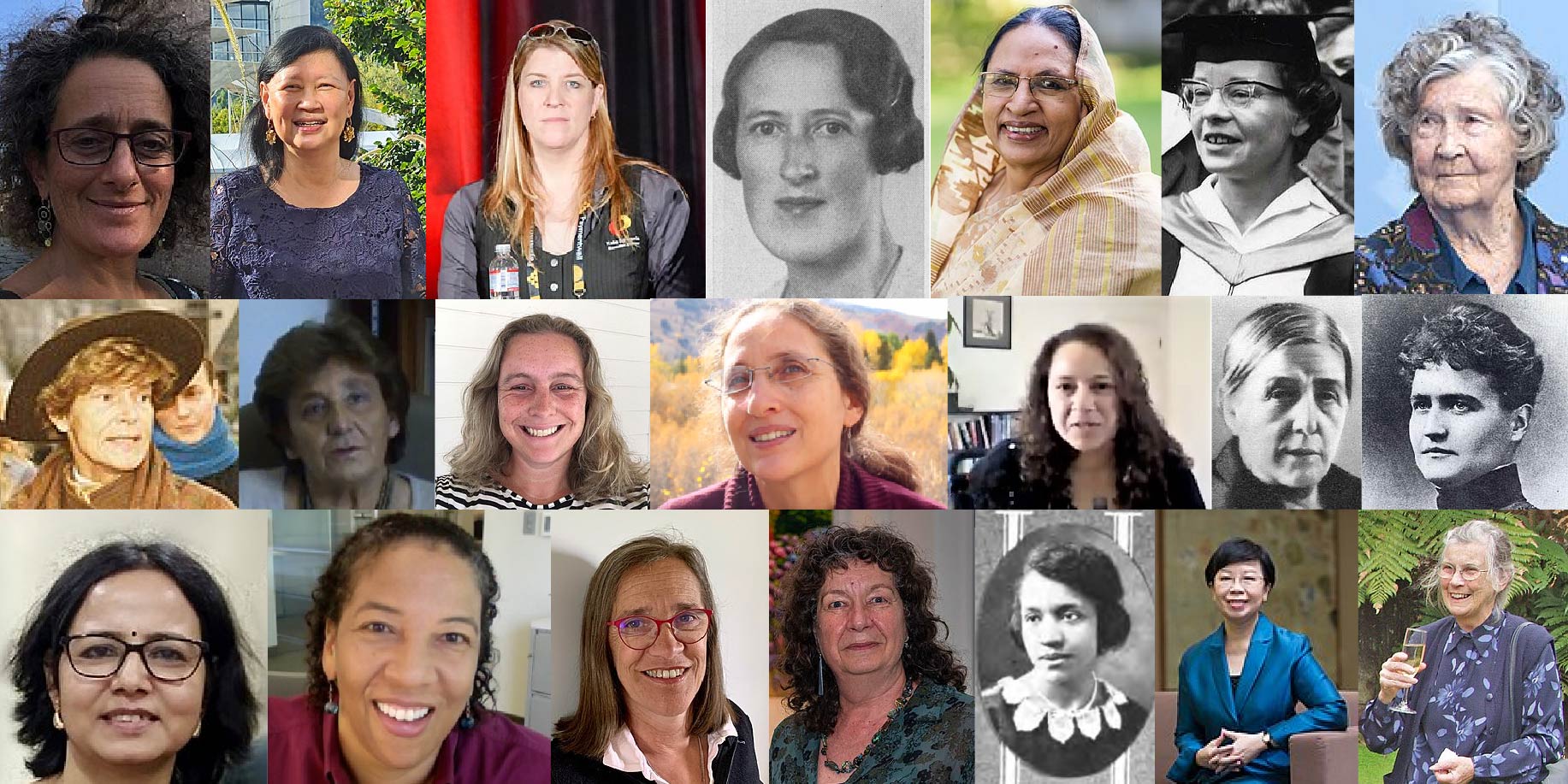I realize that we are very, very, but then, very, very far from living in an egalitarian society in France. For feelings, I am bitter and disappointed by the behavior of men. It is interesting to focus the camera on their attitudes and also their responsibilities for the persistence of inequalities and injustices against women. It’s not extra-terrestrials or aliens arriving from the depths of the galaxy who are the cause! Here is the table of contents of this article in which I share elements of understanding about my observation and my personal feelings.
1. What are women for?▲
This title of the first paragraph of the article also constitutes the title of this video from the INA, the French National Audiovisual Institute, to see absolutely for the history and not to forget.
2024. Men continue to think like this en masse… What are women for? Like everyday objects. What makes the bitterness rise is the fact that ultimately few men virulently denounce this macho, sexist and dangerous behavior for the lives of women. A woman dies every two to three days in France, killed by a man, often her ex-partner. On the contrary, they consider it to be the “game of life.” We live like that in France.
And, therefore, there is not and there will be no significant progress as long as the ambient discourse resembles this or as long as a magnifying glass is needed to measure the gap.
« Yes, there is, Sonia, you are exaggerating, and the guaranteed freedom of abortion in the French constitution, voted on last Monday (March 4), for example? »
« Tell me, was our president who affirmed France’s pride towards the actor Depardieu, the one who notoriously attacked women with complete impunity without anyone, especially men, finding fault with it. Here I am, completely reassured (!) and above all hurt as a woman. Is the silence of men reassuring? »
2. 1924, a golden year for women in France▲
1924-2024. For this Olympic year in France, I am especially celebrating another oh-so-important event… for society or just for women? The event of the… century. “Happy birthday ! Sto lat!”: women are authorized by men to take the same baccalaureate as men! Olympic victory, well almost… because you still need your husband’s authorization to enroll at university until… 1938. The consequences are still felt insidiously today in career choices, in the general confidence that women are given credit for their skills and their position in high-stakes positions in companies.
It took more than a century for girls to have access to the same baccalaureate as boys.
The French website etudiant.fr
https://www.letudiant.fr/bac/le-long-combat-des-femmes-pour-acceder-au-bac.html
3. France, an unequal society▲
Sociologically, in any case, we are far from the foundations of an egalitarian society in France. To achieve this, we must deeply question the pillars, the foundations that make a society, an ethnic group, a civilization survive over time and act accordingly. This therefore involves changing mentalities, habits and customs in depth.
3.1. The social tripod and the fourth pillar▲
« With the concept of differential valence of the sexes, Françoise Héritier, whose research is an extension of the structuralism of Claude Lévi-Strauss, completes the latter’s work. Lévi-Strauss in fact proposed three invariants to the functioning of human societies (the “social tripod”): the prohibition of incest, the sexual distribution of tasks and a legal or recognized form of stable union. According to Héritier, the differential valence of the sexes is a fourth pillar which unites all the others. Inscribed at the heart of kinship systems, it has profound consequences in all human societies, both material, cognitive, social and cultural. »
Mélanie Pénicaud, docteure in anthropology (University of Poitiers).
https://www.dygest.co/francoise-heritier/masculinfeminin-(i)
3.2. An overview of pillars in France▲
In a word: catastrophic. French society is therefore sick.
3.2.1. The prohibition of incest▲
2 to 3 children per class in France are affected by this crime against humanity, which is committed by men in the overwhelming majority of cases. A crime that kills en masse and is kept silent, which makes the crime double. Sexual violence objectively constitutes the biggest social scourge in France (and in the world). Incest, rape, prostitution, pornography. The same root of evil: male domination with the desire to harm women.
3.2.2. The sexual distribution of tasks▲
Who does what at what costs? Consent to do is not enough. Question the way of working and exploiting, then distributing resources, gains and inheritances. And so it is absolutely unequal in France, to the disadvantage of women (en masse), to the point that it is difficult for many women today to say who she is, what she is capable of doing outside the domestic sphere. I would like to remind you that if the word domestic can make you think of home (domus in Latin), we can also think of slavery: the animals that we domesticate, the servants of a house (servitude), among others.
Here is an exercise in economics and social sciences in high school in France, about the distribution of domestic tasks:

No domestic task is distributed equitably and the results are clearly to the disadvantage of women, whether they work or not. The teacher’s conclusion at the end of the exercise is basic: “Women must not form a couple under the same roof as men otherwise they will be exploited.”. By the way, thanks to the washing machine and dishwasher (machines).
3.2.3. A legal or recognized form of stable union▲
In France, heterosexual marriage then for all since 2013 and the civil partnership. For the stability of the union, we can cough: 25% of families are single-parent and many men resign from their role as father. Progenitor yes, father (joker)? We should also note the uproar of the reactionary movement in France when the nature of this legal union was changed by extending it to same-sex couples.
3.2.4. The differential valence of the sexes▲
For the fourth pillar, the differential valence of the sexes, which must unite with the other three to “create equality”, then this is just significant. In France and around the world, we always recognize the superiority of men over women in one way or another. We can measure it objectively and it’s a disaster. An example of a social marker: the visibility of people, and in this case the invisibility of women. In all spheres of life, especially where it is important and prestigious.
4. The struggle continues▲
The observation is therefore without appeal. If on paper, women’s rights ended up being obtained through a hard struggle in France (neither given kindly by men since they are at the origin of these unjust laws, nor found under a stone by chance and above all never acquired ), the reality is different. This article on my blog will unfortunately continue to be valid for a very long time as long as the underlying problems are not tackled head on, with energy and resources proportional to the issues at stake. What men of power are quick to avoid doing.
And, therefore, currently, for women, it is vitally a question of managing to be economically independent, of opposing men’s violence whatever its nature or expression and of not abandoning hope of an egalitarian and just human world because there has never been one and it must be built.
« Et je dis aux Femmes trois choses, votre indépendance économique est la clé de votre libération, ne laissez rien passer dans les gestes, le langage, les situations qui attentent à votre dignité, ne vous résignez jamais. »
Gisèle Halimi, Ne vous résignez jamais. Comment devient-on féministe ? L’abeille PLON, 2009 [Never give up. How do you become a feminist?].
A personal translation in English: « And I say to Women three things, your economic independence is the key to your liberation, do not let anything pass in gestures, language, situations that attack your dignity, never give up. »














